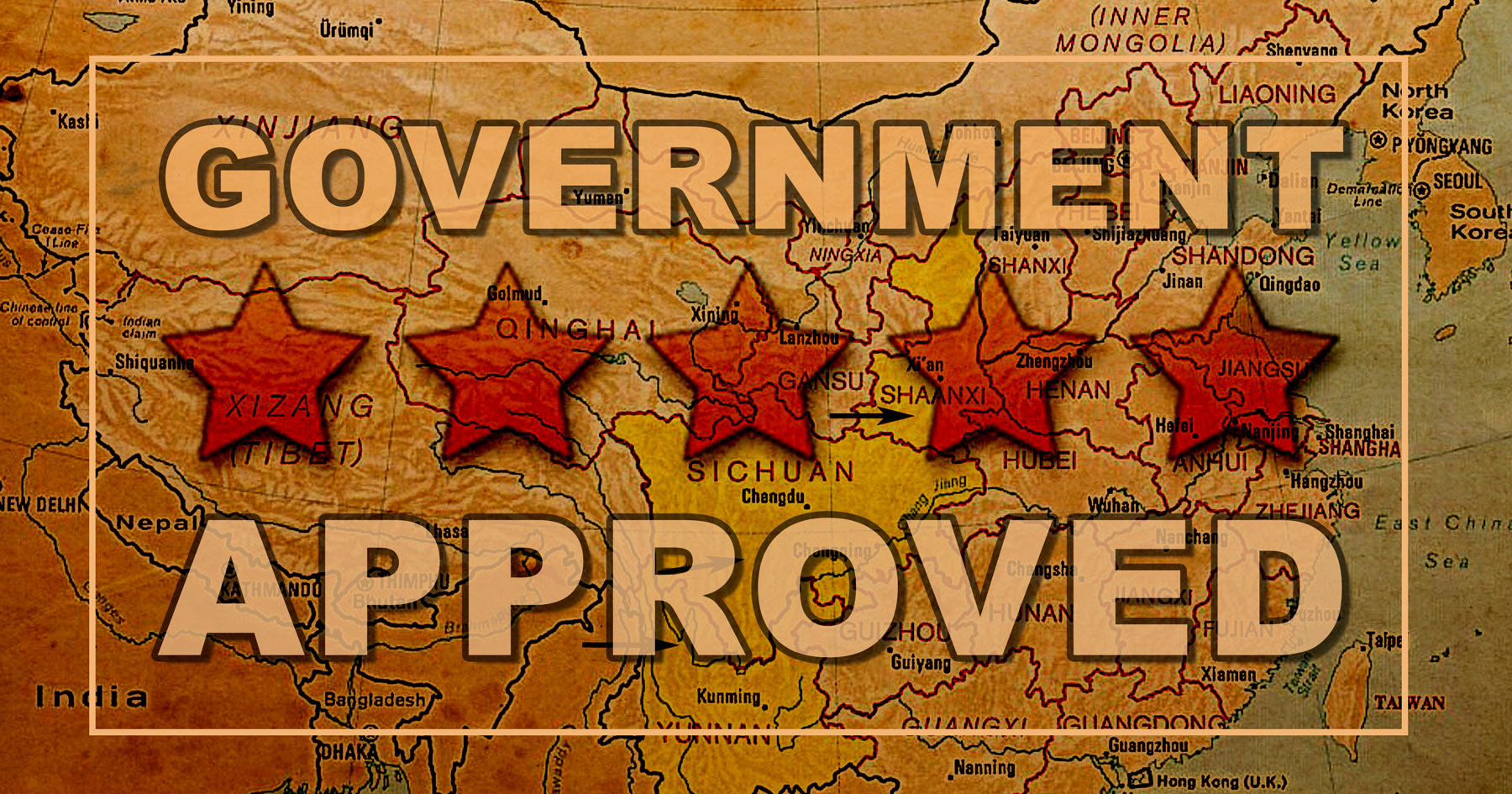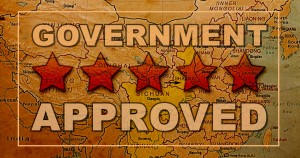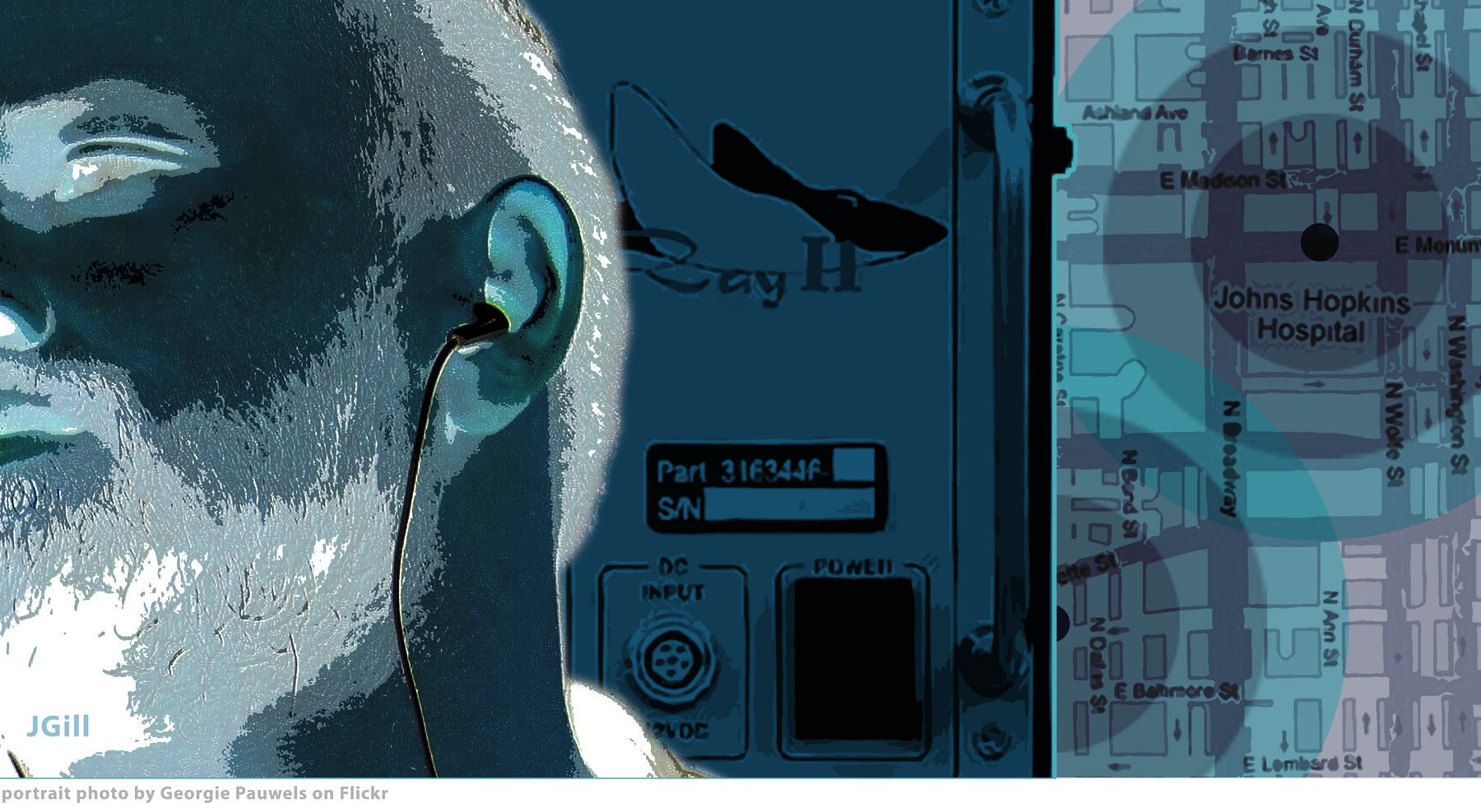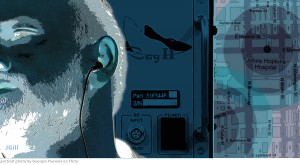Capitalism can be rigged a hundred different ways, apparently. China’s is run by its Communist Party, and even current innovations bear the stamp of the Party.
Take “social credit.”
Not the quaint decentralist economic reform movement that was a minor deal in politics on the West Coast of the U.S. and Canada 60 or more years ago.
What I’m referring to is the innovative credit scoring system devised by a gaming company in cooperation with China’s commie-run government.
But it’s not quite like the credit scoring systems set up by competing companies in the U.S., which cook up “credit scores” based on going into debt and paying off debt. If you pay your bills, you get a higher score. If you don’t, it plummets.
The new “Sesame” credit scoring system is less interested in the debts you pay off and more in what you buy and what you put up on social media. The company has concocted a secret algorithm, and gives higher scores to good citizens — obedient people — and lower scores to lazy people (inferred from, say, if you play a lot of video games) or to folks who are rebellious free thinkers (posting pictures of Tank Man in Tiananmen Square, for example).
That is what it seems like, so far.
It rewards those Chinese who are industrious (yay?) and who kowtow to Communist Party expectations (yikes!) — and makes me extra glad I live in the U.S., where government is too chaotic and stupid to cook up anything quite this insidious.
This is Common Sense. I’m Paul Jacob.





 Right now, governments
Right now, governments 
